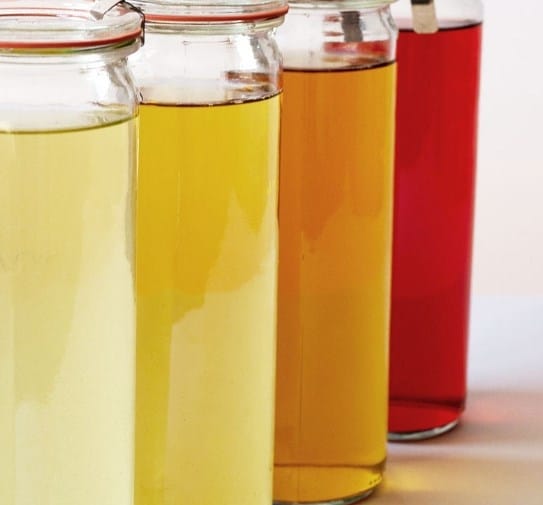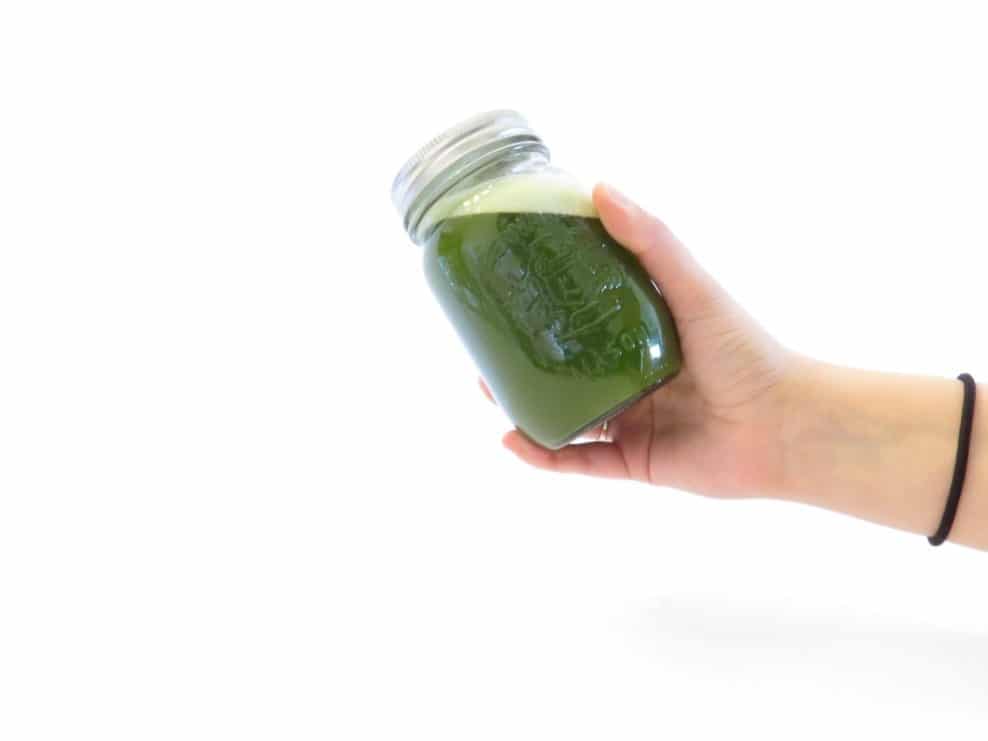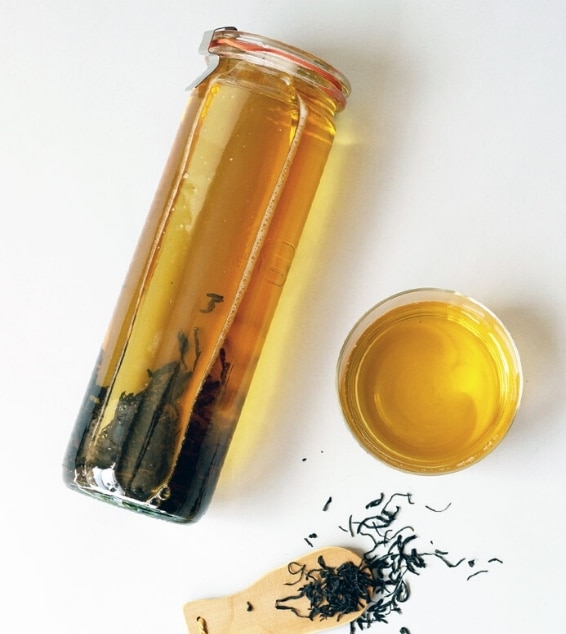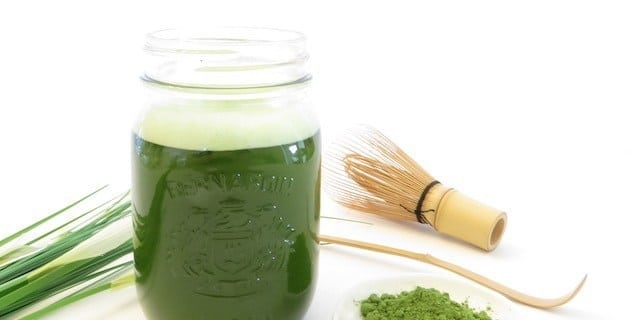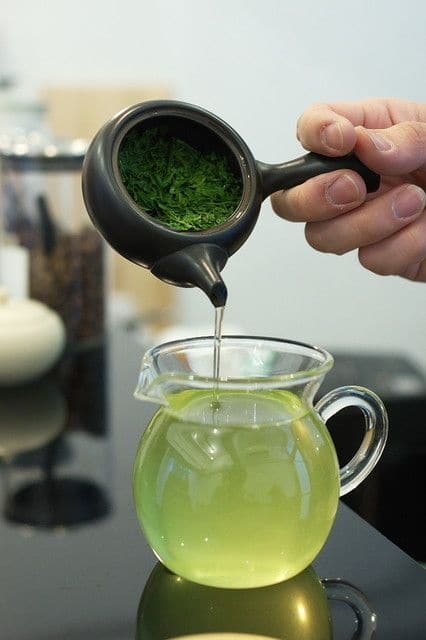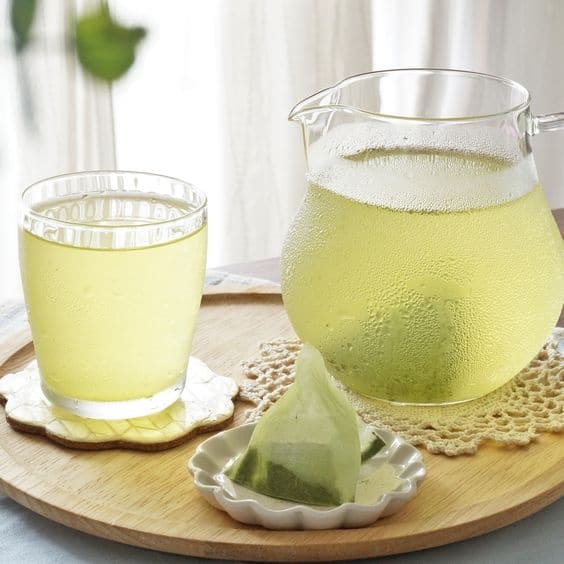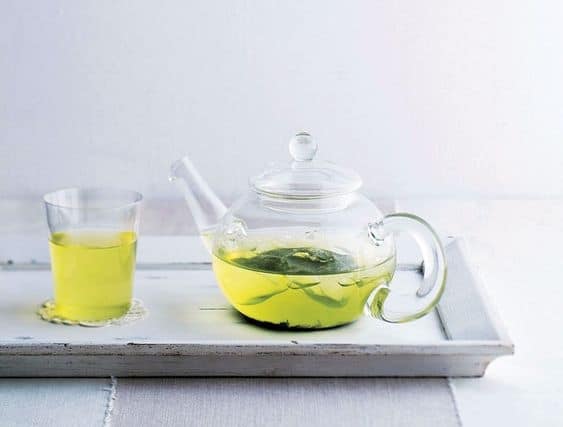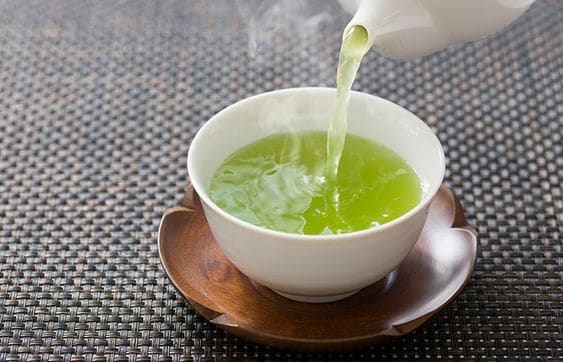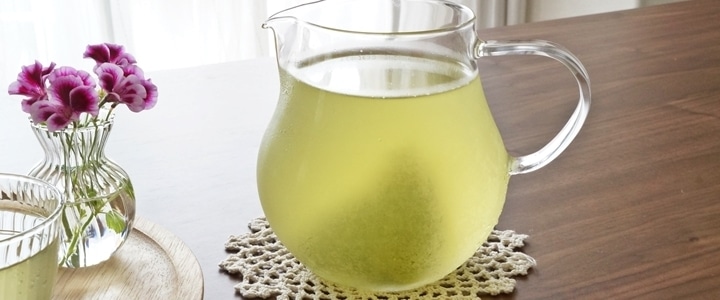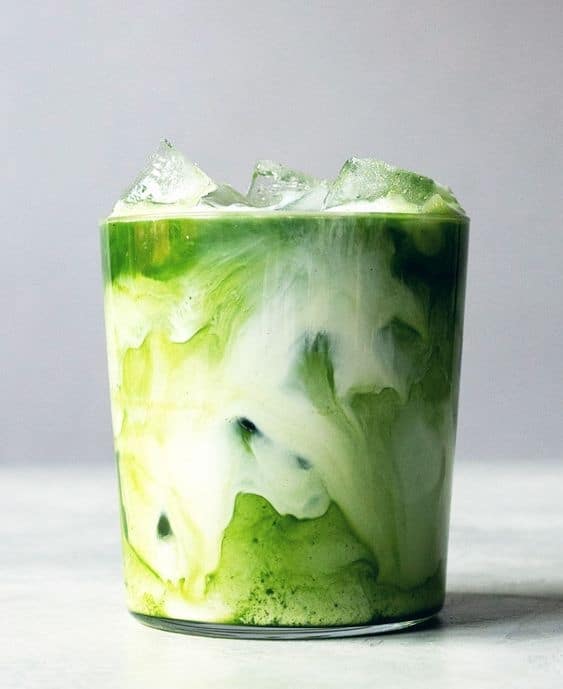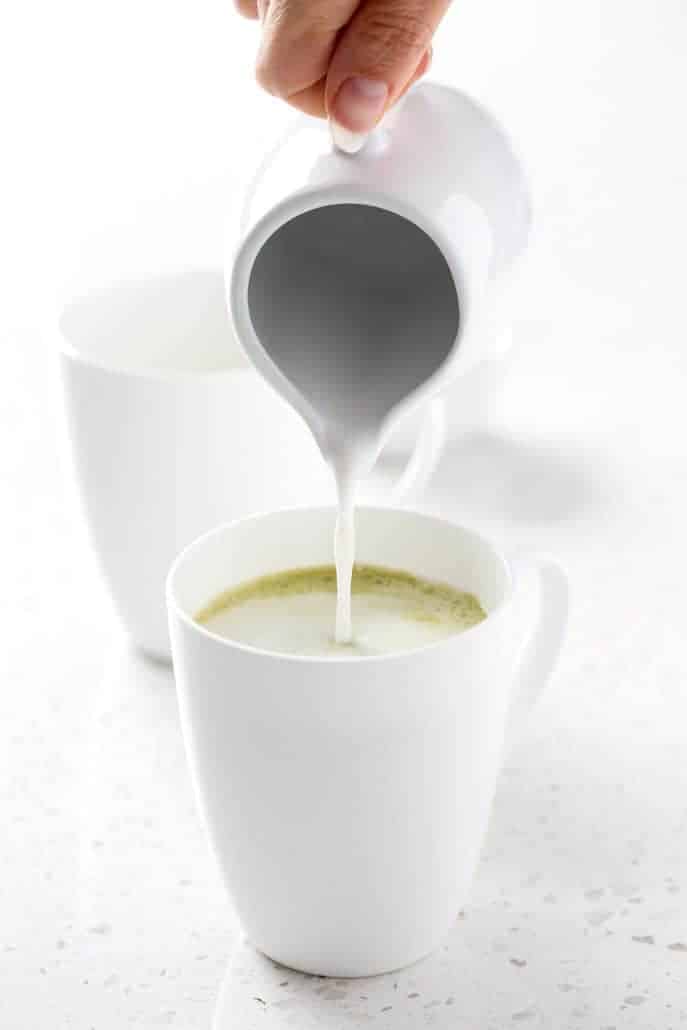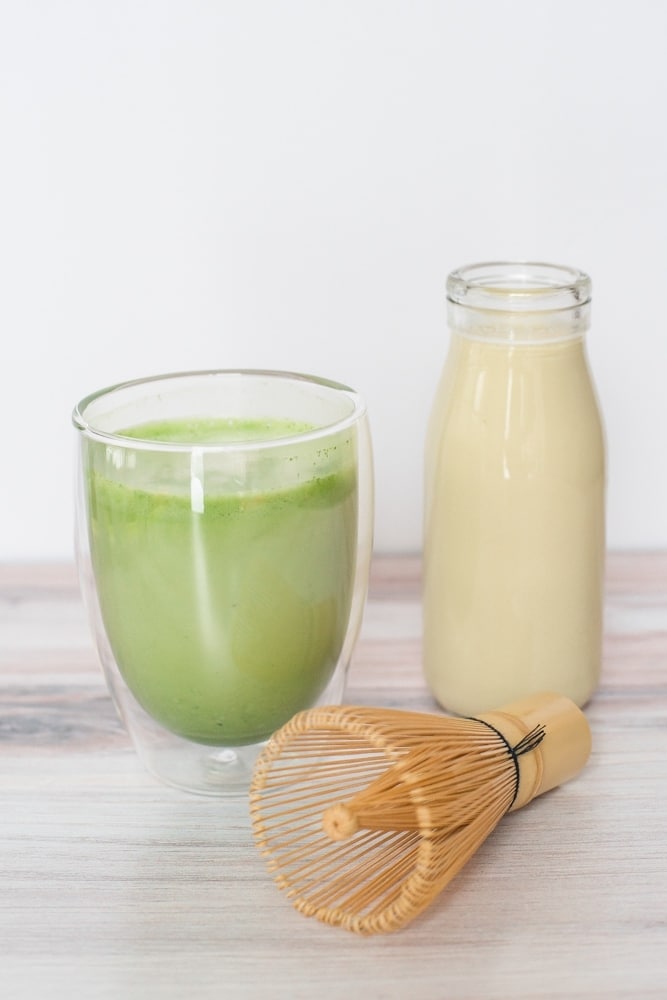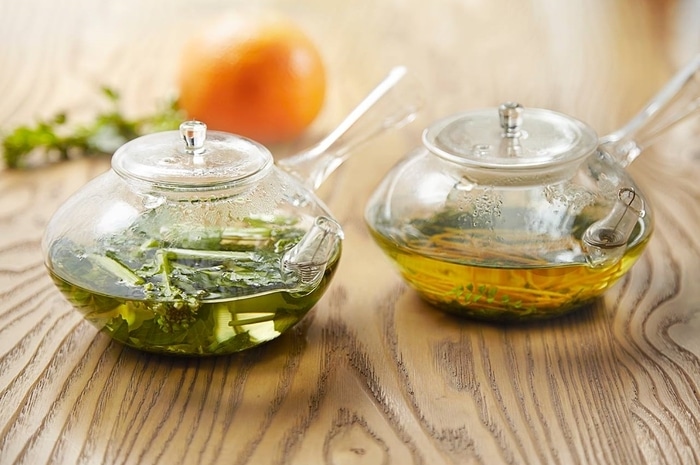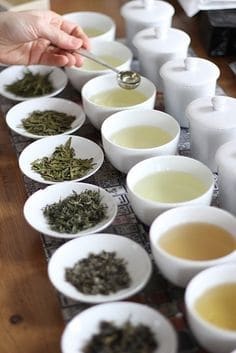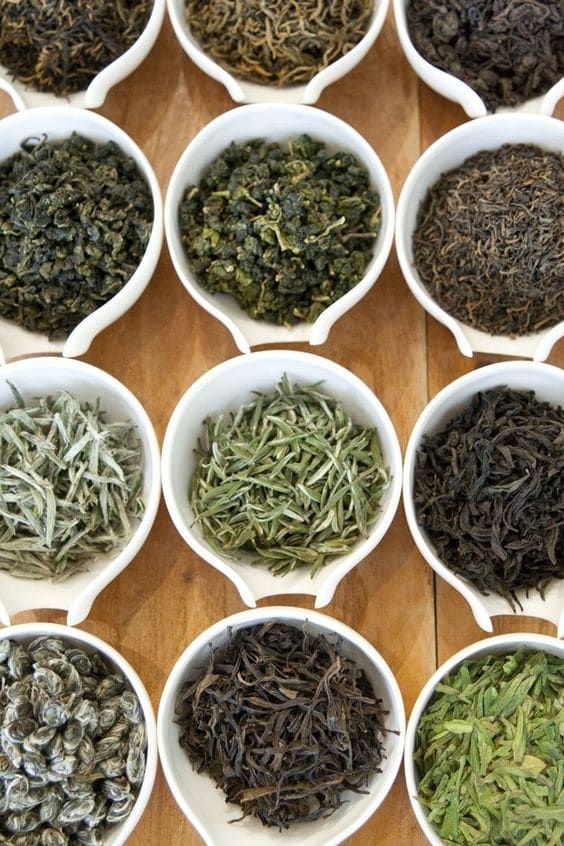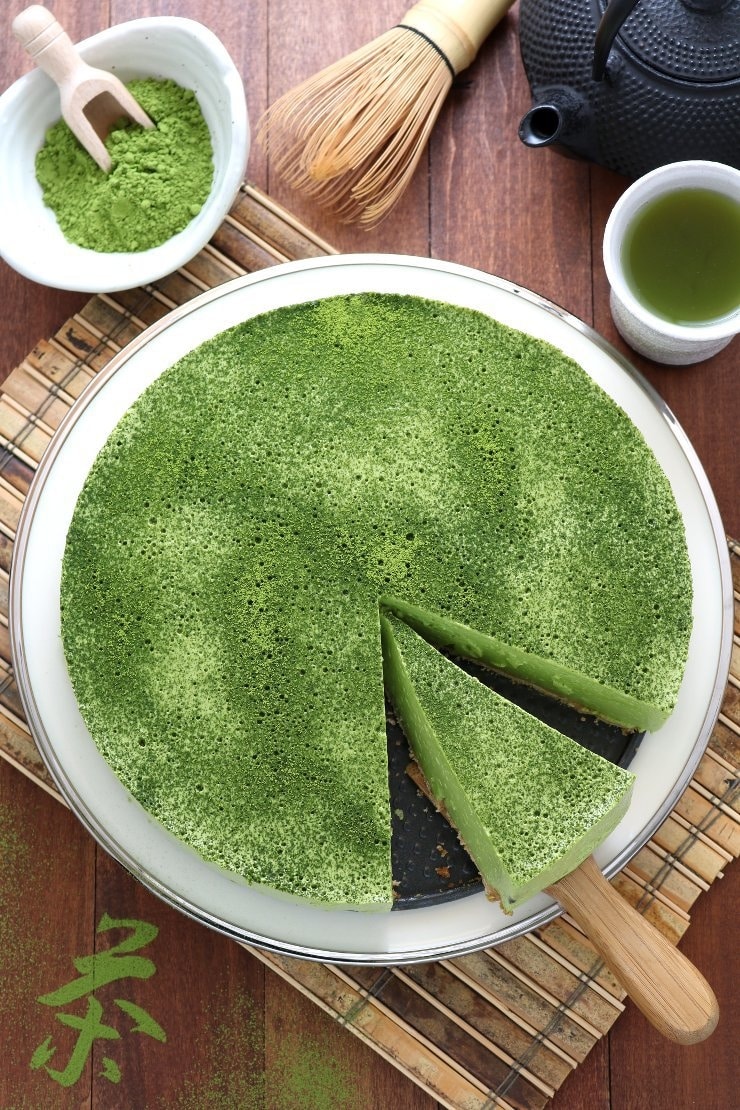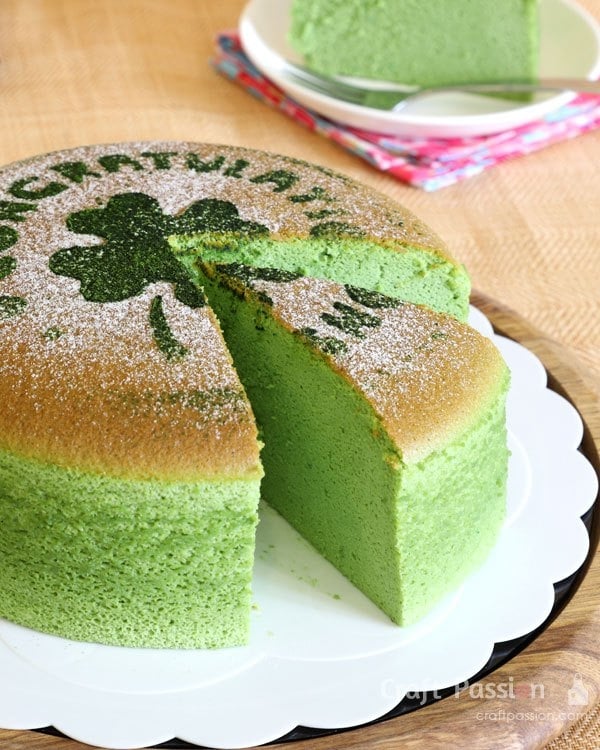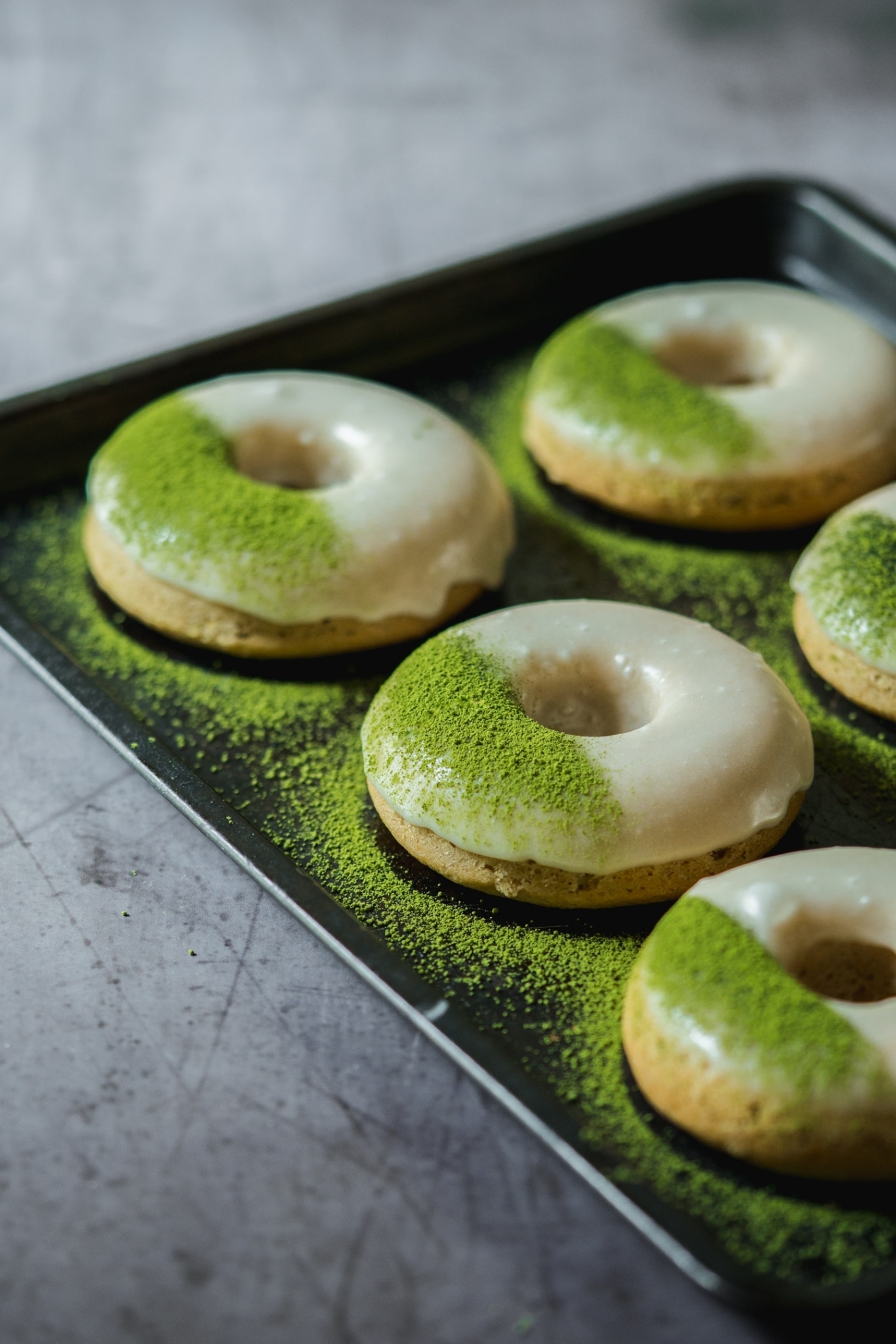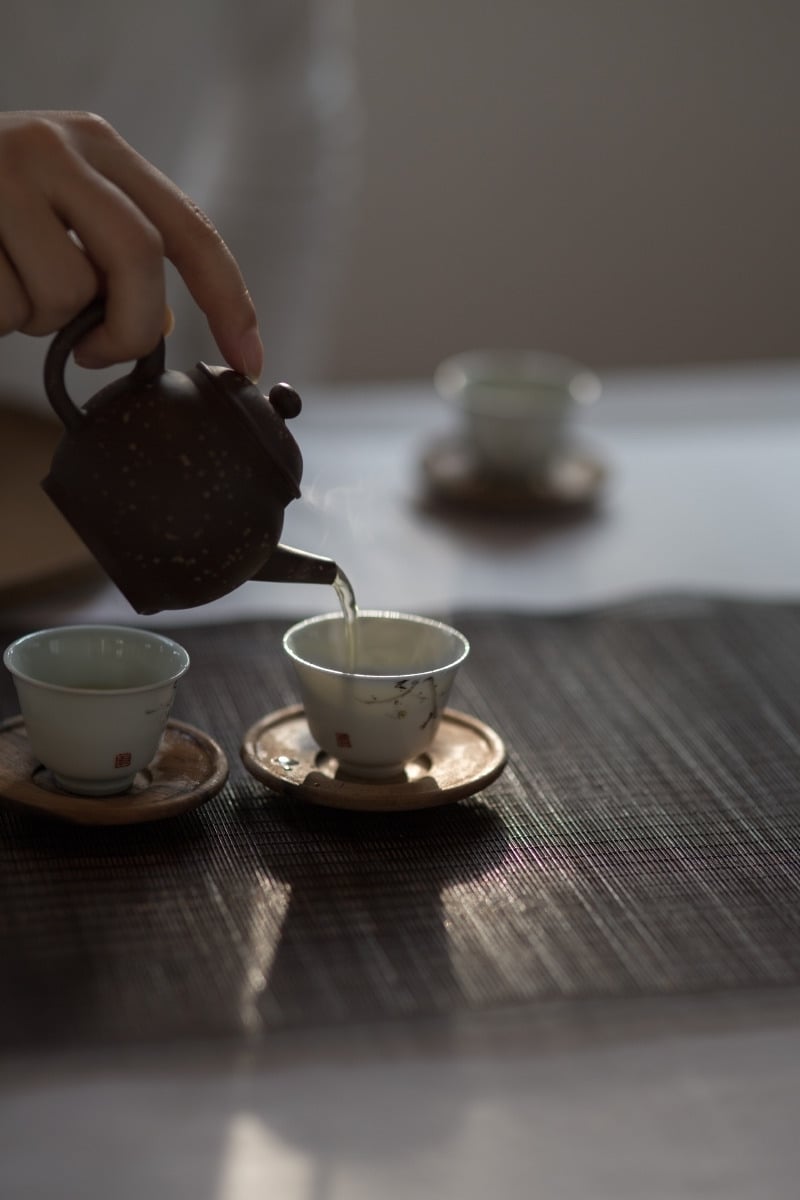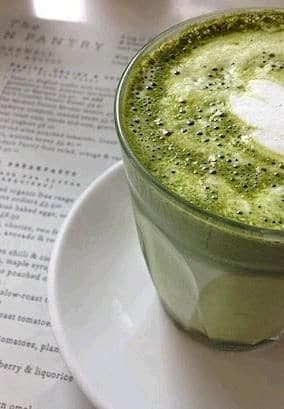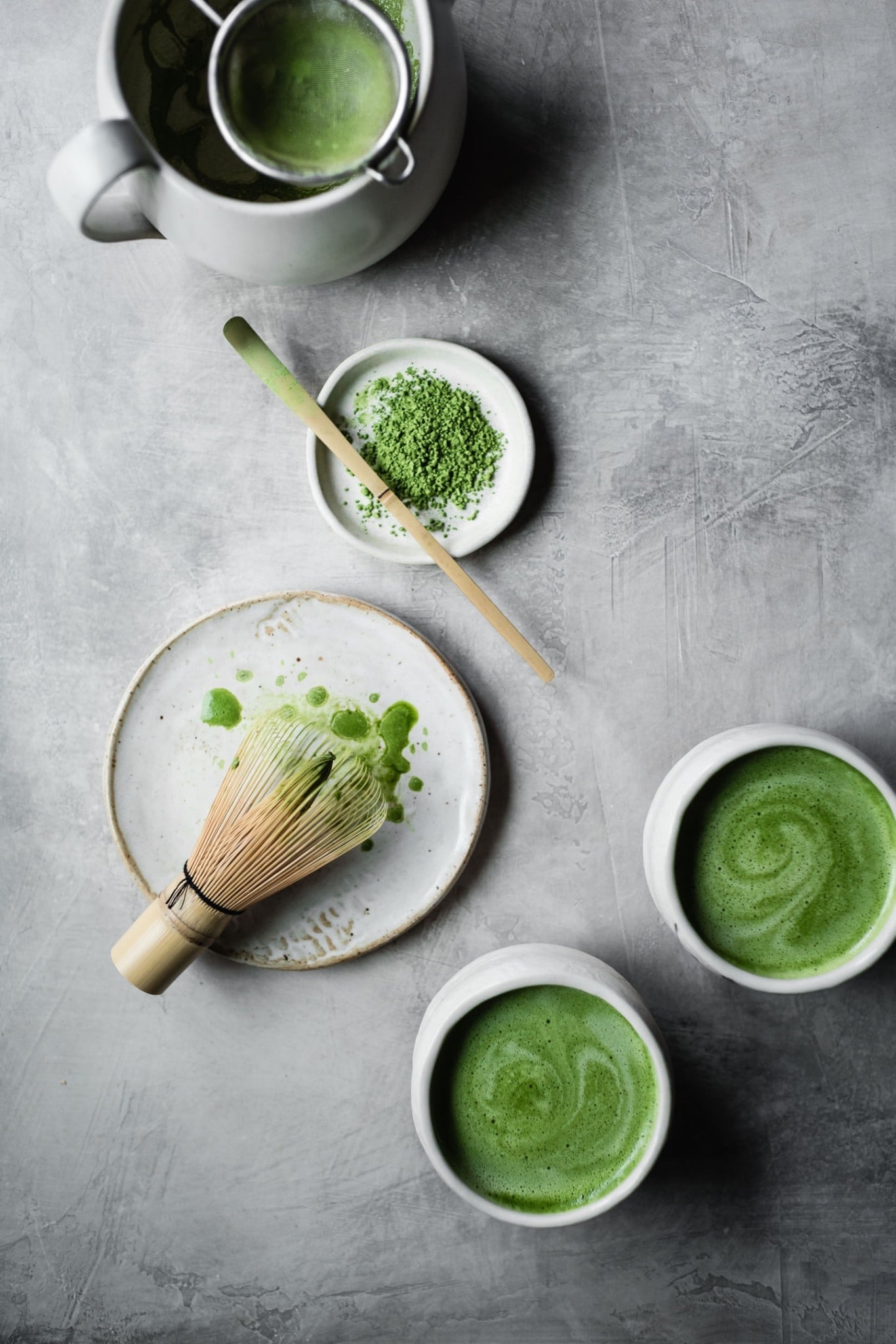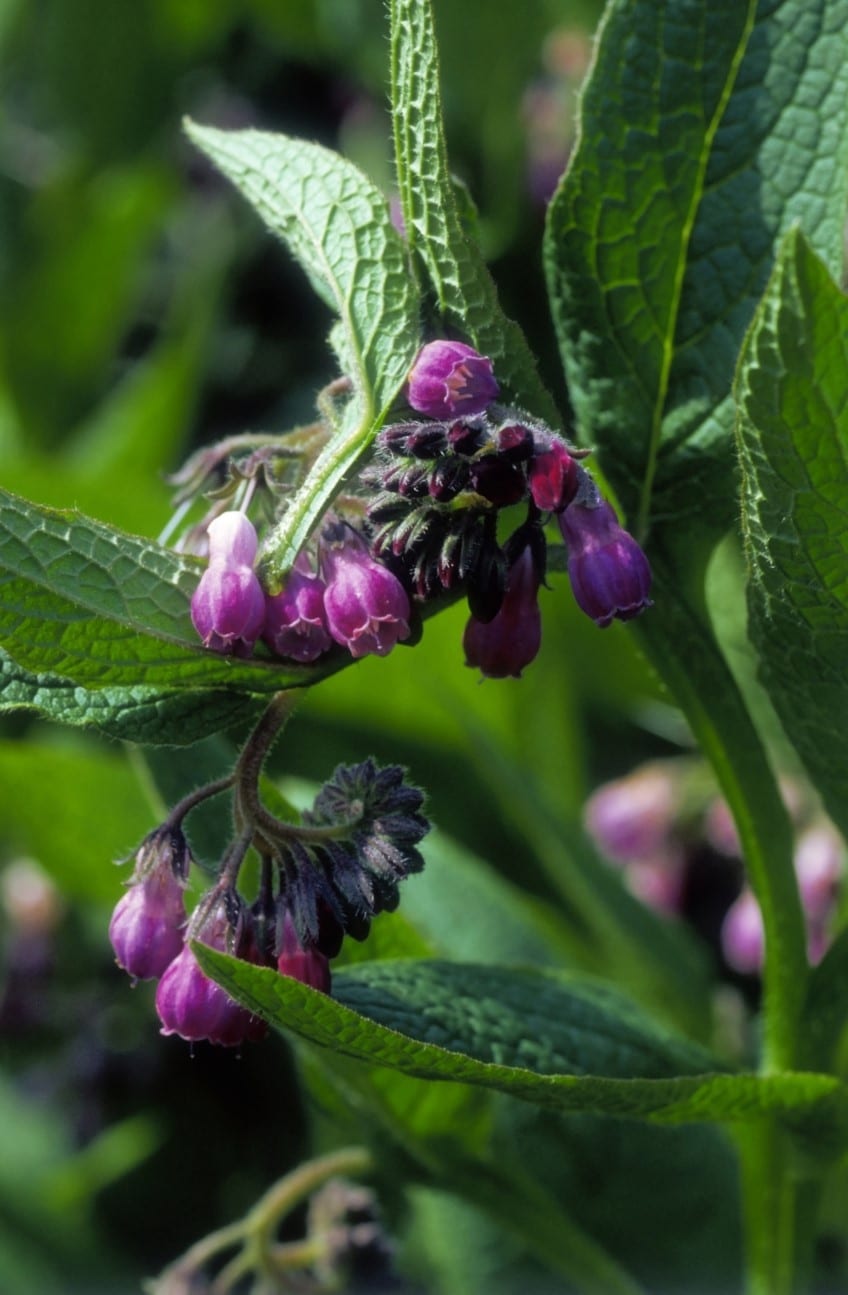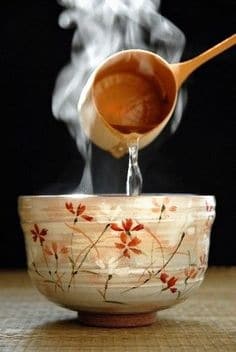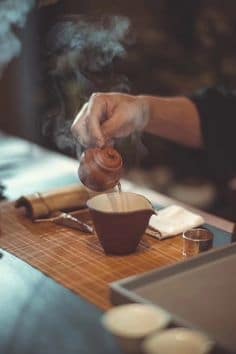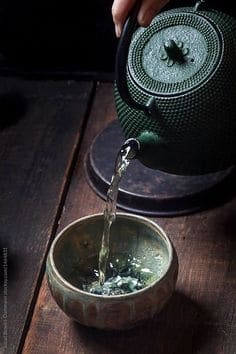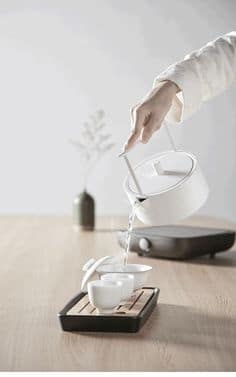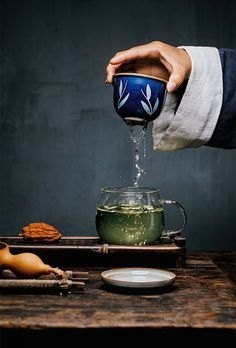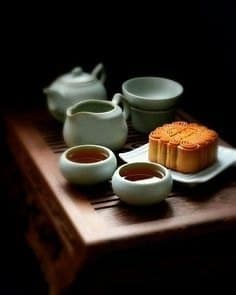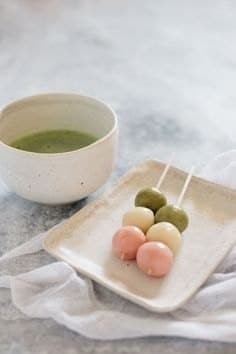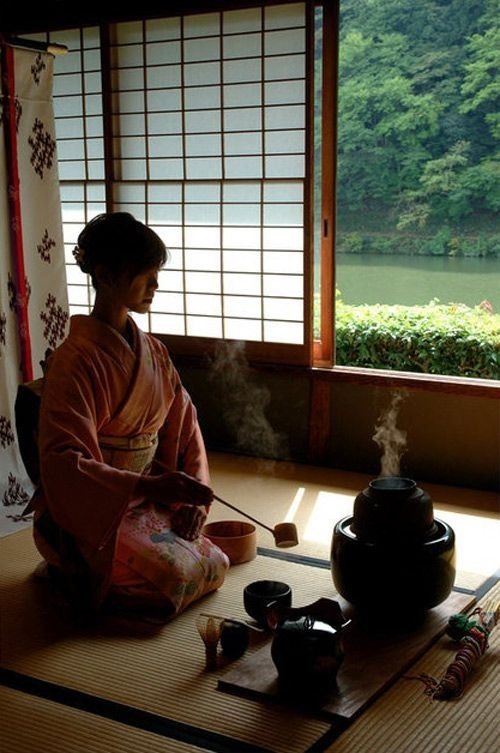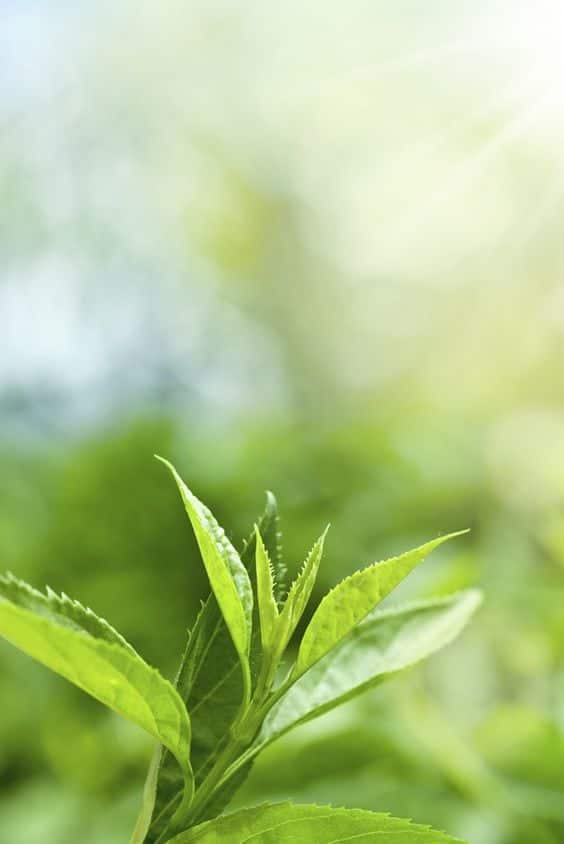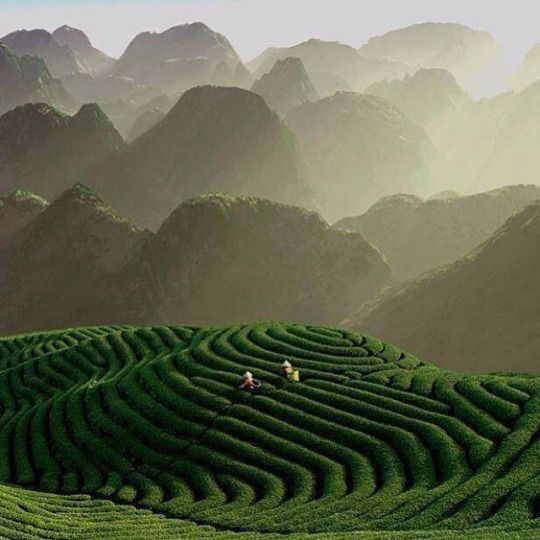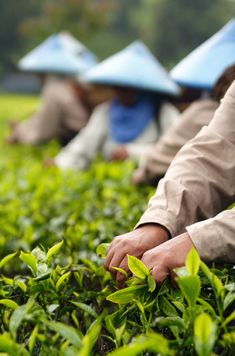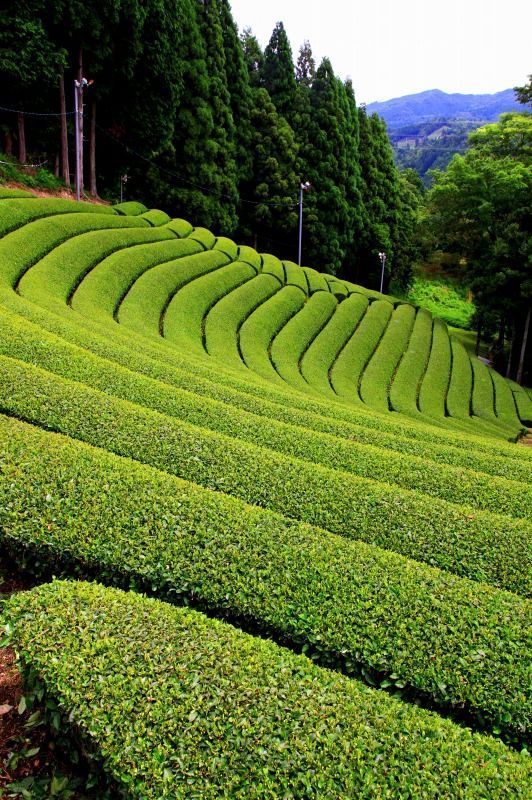Have you ever had green tea and had the green tea powder settle to the bottom as sediment?
The sediment you see is actually incompletely dissolved tea powder. This is partly due to poor brewing, as good matcha powder is quite fine and cannot be completely dissolved by hot water using a regular spoon. Instead, you should use a tea brush, also known as a cha-sen, to make the tea easier to dissolve. If your shop doesn’t have a cha-sen, you can try using a shaker or a hand whisk instead, which should help dissolve the tea powder.
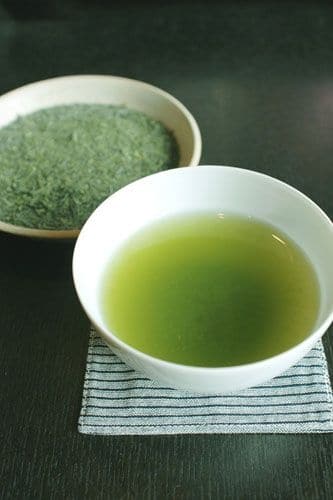
However, some people find that after brewing tea, sedimentation can occur over time. Even commercially packaged green tea is often labeled “may contain natural sediment, which is not harmful to the body.” Therefore, it is quite normal for sediment to escape from a bottle of tea after brewing.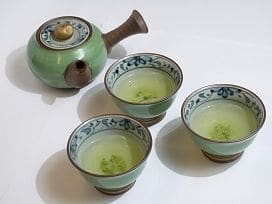
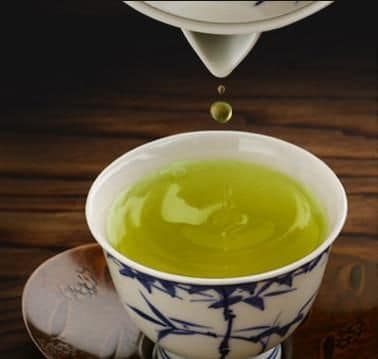
The dust particles in tea are a result of precipitation, called ‘tea cream’. This occurs when the tea is cooled below 40 degrees Celsius. Compounds in the tea, such as caffeine and polyphenols, coagulate weakly. If milk is added to the tea, the reaction between the milk proteins and the polyphenols occurs, resulting in more precipitation.
However, mixing tea and freshly brewed water together can also cause the tea leaves to settle at the bottom of the teapot. To minimize contact between the tea leaves and water, it is recommended to stir the tea each time to stimulate the tea and ensure proper dissolution.
In some shops, if the tea doesn’t settle at all, it may be suspicious that the shop isn’t actually using matcha powder. Instead, they might be using green tea syrup, or they might be using pre-mixed tea to shorten the brewing time. This results in a lower price depending on the ingredients used.
In addition to the sediment that often forms at the bottom of the cup, it is sometimes found that tea leaves or dark tea leaves float on top of the brewed tea instead of settling at the bottom. This is the result of high molecular weight components, made up of calcium and bicarbonate ions, at the surface of the water. Normally, tea leaves form in highly concentrated teas. However, consuming less than 1 milligram of tea leaves or sediment in a cup of tea is not harmful to the health of the drinker.
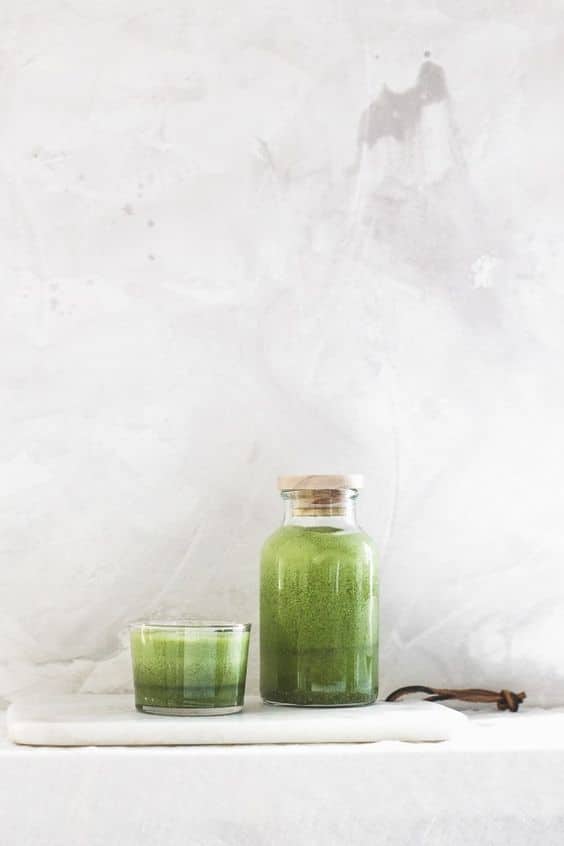
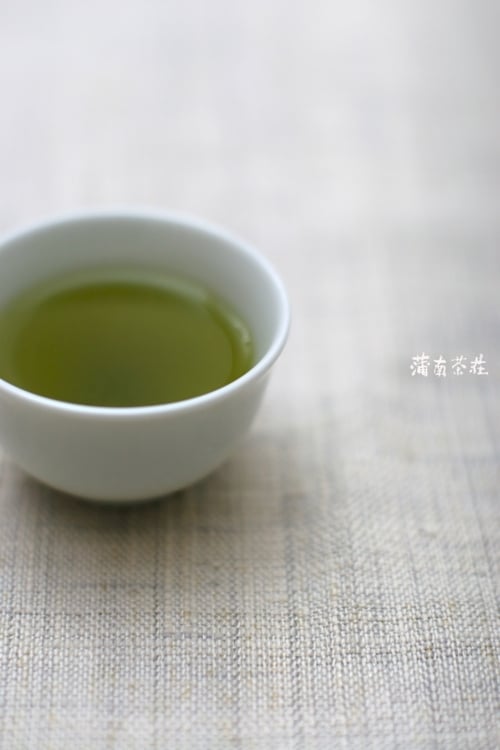
Source
https://japanesegreenteaonline.com/
https://www.stylecraze.com/trending/tea-drinks-for-weight-loss/
http://www.honannchasou.net/shihou_18.html
Article from : Fuwafuwa

